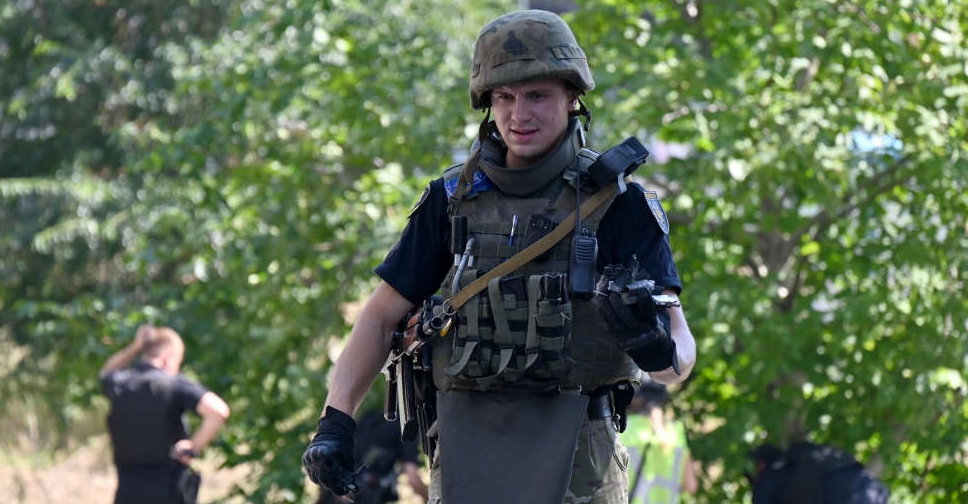
The United States announced on Friday that it would supply Ukraine with widely banned cluster munitions for its counteroffensive against occupying Russian forces, and NATO's leader said the military alliance would unite at a summit next week on how to bring Ukraine closer to joining.
Rights groups and the United Nations secretary-general questioned Washington's decision on the munitions, part of an $800 million security package that brings total U.S. military aid to more than $40 billion since Russia's February 2022 invasion of Ukraine.
Russian President Vladimir Putin, who describes the conflict as a "special military operation" to protect Russian security, has said the U.S. and its allies were fighting an expanding proxy war. The cluster munitions "will deliver in a time frame that is relevant for the counteroffensive," a Pentagon official told reporters.
Cluster munitions are prohibited by more than 100 countries.Russia, Ukraine and the United States have not signed on to the Convention on Cluster Munitions, which bans production, stockpiling, use and transfer of the weapons.
They typically release large numbers of smaller bomblets that can kill indiscriminately over a wide area. Those that fail to explode pose a danger for decades after a conflict ends.
"Ukraine has provided written assurances that it is going to use these in a very careful way" to minimize risks to civilians, White House national security adviser Jake Sullivan said.
U.S. President Joe Biden described the decision on cluster bombs as difficult but said Ukraine needed them.
Human Rights Watch has accused Russian and Ukrainian forces of using cluster munitions, which have killed civilians.
Russian Ambassador to the United States Anatoly Antonov criticized the transfer of these weapons to Ukraine by the U.S.
"The cruelty and cynicism with which Washington has approached the issue of transferring lethal weapons to Kyiv is striking," TASS news agency on Friday quoted Antonov as saying.
"Now, by the fault of the US, there will be a risk for many years that innocent civilians will be blown up by submunitions that have failed."

 UK inquiry finds 'chilling' cover-up of infected blood scandal
UK inquiry finds 'chilling' cover-up of infected blood scandal
 Iranian President Raisi killed in helicopter accident, state media says
Iranian President Raisi killed in helicopter accident, state media says
 ICC prosecutor seeks arrest warrants for Israeli, Hamas leaders
ICC prosecutor seeks arrest warrants for Israeli, Hamas leaders
 Assange given permission to appeal against US extradition
Assange given permission to appeal against US extradition
 Israel intends to broaden Rafah sweep, Defence Minister tells US
Israel intends to broaden Rafah sweep, Defence Minister tells US




